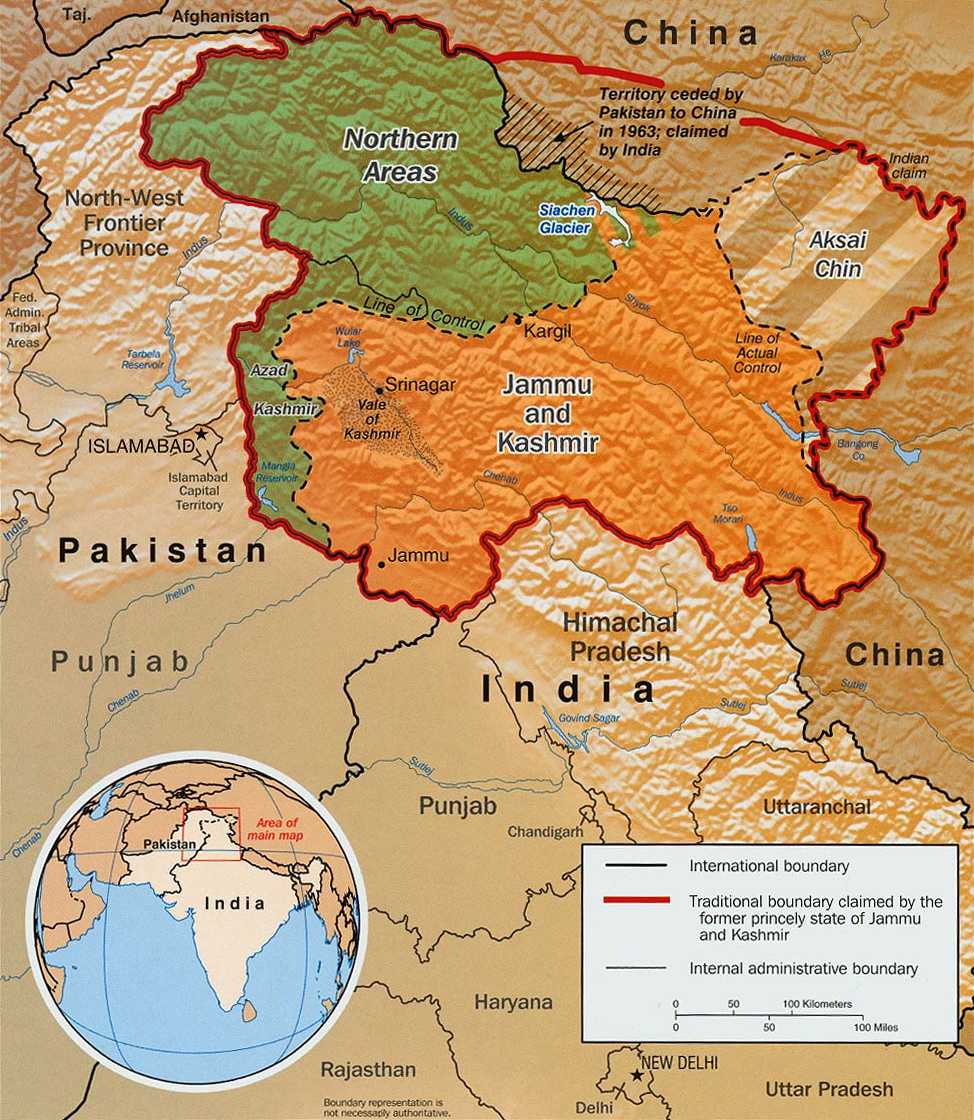There is a 1 in 10 chance a conflict will erupt between India and Pakistan during the next 10 years, according to a nuclear-policy expert who studies the region.
Neil Joeck, a visiting scholar from the University of California-Berkeley, discussed the history of the Indian and Pakistani arms race and the potential for a nuclear war Wednesday in the EC Auditorium in D.H. Hill Library.
Joeck said the ongoing elections in India will play a major role in the future of Indo-Pak relations.
Currently, Narendra Modi, leader of the Bharatiya Janata Party, is contesting for control of the Indian government against Rahul Gandhi’s Indian National Congress party. Modi, well regarded for the economic success he brought to his home state of Gujurat, appears to hold a significant advantage in race, Joeck said.
If Modi is elected, Joeck said he believes the relationship between the two rival nations might evolve based on trade that would significantly benefit the Pakistani economy.
With both powers containing a nuclear arsenal, Joeck said he doesn’t think it’s unreasonable that either nation might deploy its weapons in the midst of conflict.
In that regard, Joeck said many experts in the field compare the standoff to that of the United States and Soviet Union during the Cold War.
However, Joeck said he disagrees with this assessment because unlike the Cold War, which was dependent on the alliances of the Warsaw Pact and the North Atlantic Treaty Organization, this conflict is made up only of two nations, founded primarily on religious differences.
Americans and Russians didn’t have an innate conflict in the way Muslim and Hindu radicals in the region have developed since the partition, Joeck said.








